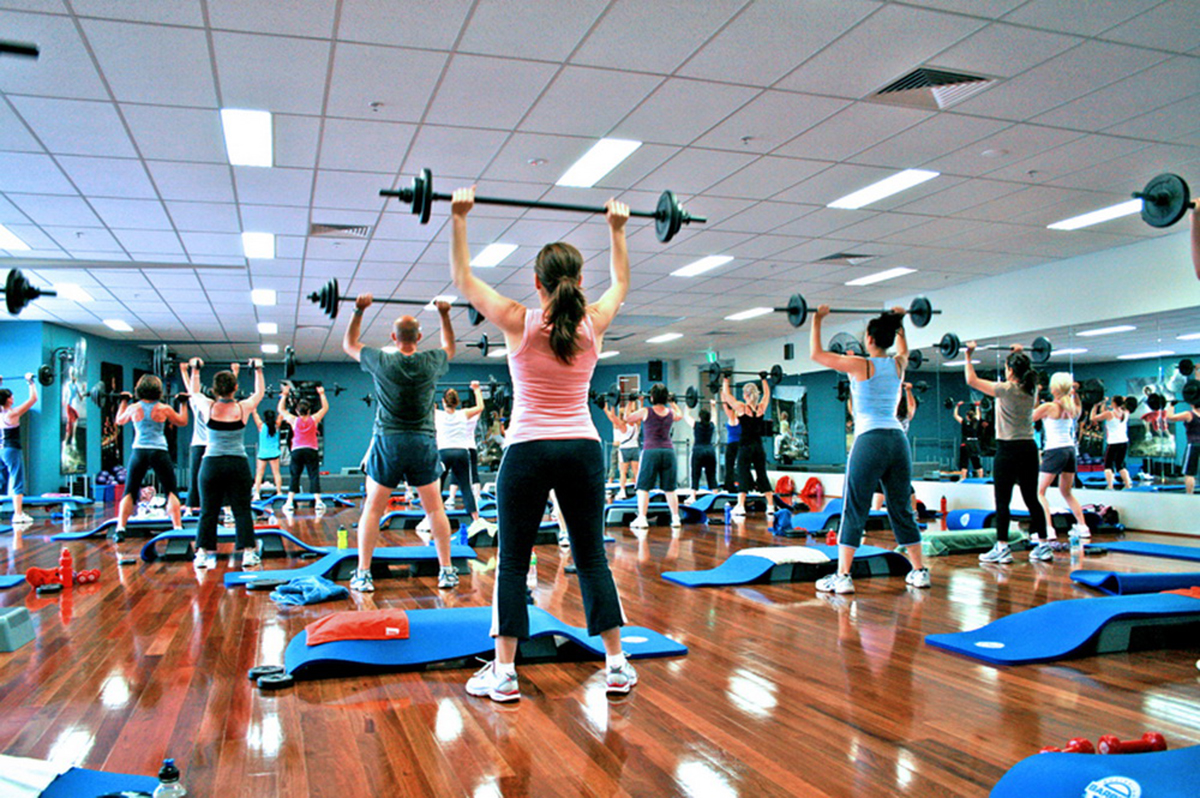Table of Contents
Vegetarians sometimes choose meat-free diets for ethical purposes, to do with how animals are reared and slaughtered, or because they oppose killing animals for food. Others choose vegetarianism for health reasons.

In others, a vegetarian diet can be a positive benefit.
In this article I'll look at the areas of nutrition that a vegetarian diet affects and talk about fixes, work-arounds, hacks and just plain advantages of being vegetarian.
1. Calories
One advantage of a vegetarian diet, for sedentary people, is that it typically contains less calories. Our brains and bodies evolved to enjoy calorie-rich foods - but now we're surrounded by calorie-rich foods, in supermarkets and restaurants, and it's all to easy to just plain eat too much food. Vegetarians run the opposite risk, that of eating too little food.
If you're trying to find sources of vegetarian calories to fill the gap left by meat fats and proteins, look to starchy tubers like potatoes, sweet potatoes and foods like turnips and swedes. All these foods are good sources of long-chain carbohydrates, which means slow-release energy rather than spiking blood sugar. If you tolerate grains well, look for good grain sources of energy too. Quinoa is one such source. Oatmeal is a traditional high-calorie grain in the West, found in porridge, flapjacks and more. It's also the least gluten-containing of the gluten grains and one of the highest in protein.
If you're a lacto-vegetarian (who eats dairy and eggs), look to dairy for extra calories too. Adding butter to a baked potato can make a radical difference to its caloric content as well as giving you some much-needed fat. Cream can be a valuable addition to vegetarian cooking too!
2. Protein
Vegetarians get sick of hearing about protein. But the people who keep on about it are right: vegetable protein sources are worse than animal sources. They're less complete, less bioavailable and a lot less plentiful. If you take meat eaters at their word, though, you'd have to ask how much they tailor their diets to maximise protein content. If they mostly eat muscle meats, you can call them on it with impunity; it's liver that contains the most protein, but most meat eaters avoid it because they don't like the taste and don't know how to cook it properly.
See Also: Protein Rich Foods For Vegetarians
That's still on the low side, but it's a lot higher than the average person, meat-eater or no. The recommended amount in the USA for women is just 40g a day - and most people fall short even of this miserly allotment! Dairy is a less good source of protein because it's lower in protein generally and because a higher lactose load is something to avoid if possible, even if you tolerate lactose well. A pint of milk a day won't do you any harm, though, and yoghurt, whose fermentation process reduced lactose load, is a good source of fat, calories generally, and protein.
If you're vegan or you don't like to eat eggs, your options are more restricted. Sources like soy and tempeh are of doubtful utility - they're rich in pseudoestrogen compounds that mess with your body's hormone balance, though whether that's worse or better than the growth hormones and other chemical gunk that pollutes a lot of our meat is open to question. The time-honoured method of extracting sufficient protein from a vegetarian diet is to match beans, which contain 3 of the 6 amino acids needed to build human protein, with cereals which contain the other 3.  Again, oatmeal is a good choice for the grain portion. Rice is very low in protein.
- Photo courtesy of www.localfitness.com.au by Wikimedia Commons : commons.wikimedia.org/wiki/File:Barbell_Group_Fitness_Class2.JPG
- Photo courtesy of Rick Ligthelm by Flickr : www.flickr.com/photos/ligthelm/10866943666/


Your thoughts on this